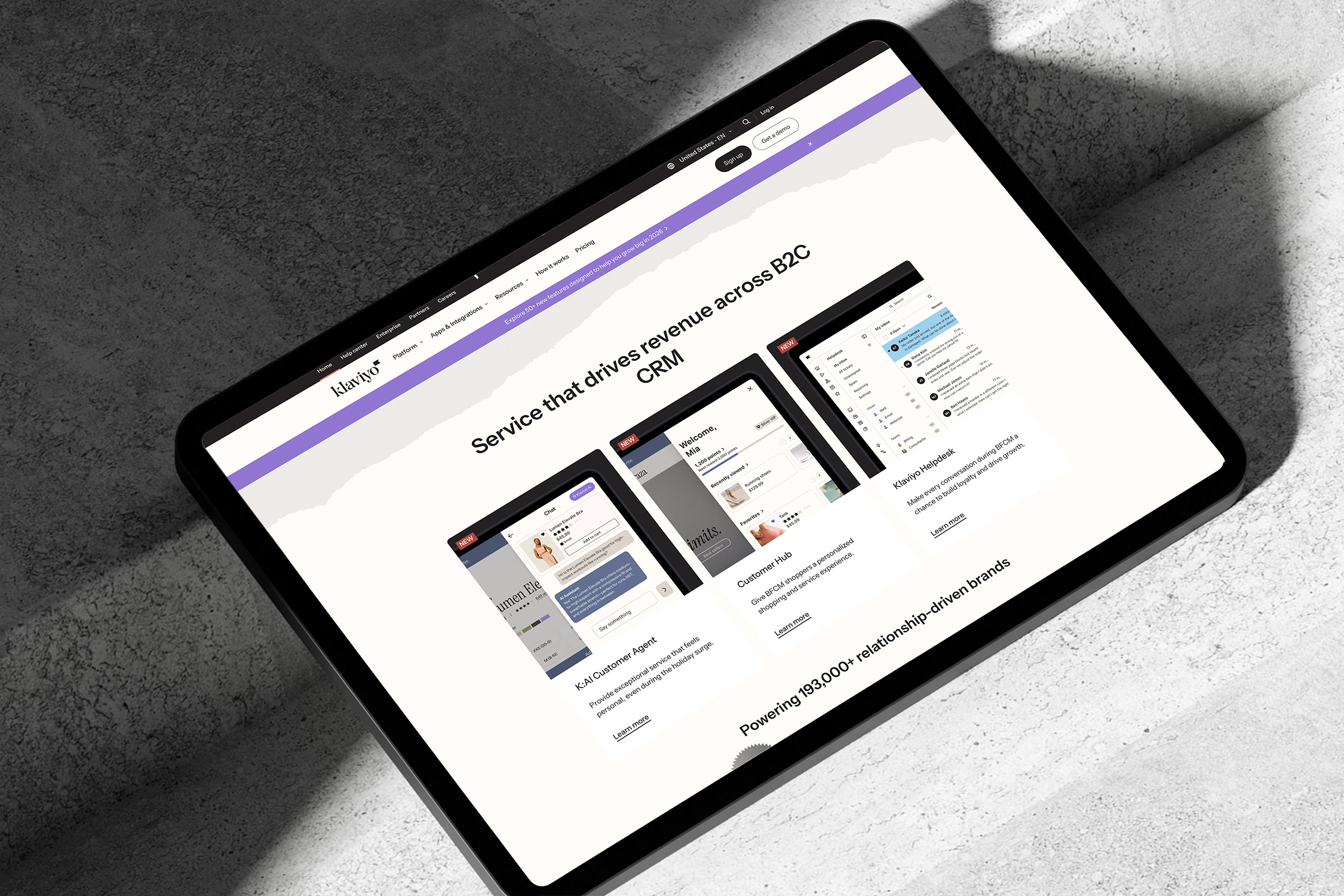
In 2025, Codeunit launched a new integration connecting Shopify’s B2B platform with Business Central. Shopify B2B has been on the market for a few years, and when Codeunit built a tailored integration, several e-commerce businesses chose to transition to the platform. Simon Forslund, Unified Commerce Architect at Codeunit, talks here about this seamless connection that saves time and creates a better customer experience for B2B e-commerce.
“We already have customers live with Shopify B2B, and more on the way. It’s a mix of companies that already use Shopify for B2C and those adopting Shopify for the first time. The platform offers all the functionality needed to sell products to resellers, and with our new integration, it’s very quick to get started. The integration is a plug-and-play solution that we can easily customize for customers with unique requirements,” says Simon Forslund.
Saves time and reduces administration

Shopify is a well-established platform already used by many e-commerce businesses. It is offered as a SaaS solution, and as a Shopify Plus user, you get access to the new B2B features. Previously, those wanting to sell to resellers online had to turn to expensive third-party solutions. Shopify’s launch marks a new era where this kind of functionality has become more accessible. With Codeunit’s integration, it becomes even easier to deliver a great customer experience.
“Many e-commerce businesses selling to resellers are currently dealing with a massive amount of manual administration. It used to be expensive and complicated to set up proper functionality for B2B sales, so many companies simply avoided it. I’ve heard of companies encouraging their customers to place an order online, only to manually update the invoice with the correct pricing afterward. The biggest advantage of Shopify B2B is that it saves a lot of time and removes all unnecessary administration,” says Simon.
Customer-specific pricing and flexible profiles
With Shopify B2B and Codeunit’s integration, you can work with customer-specific payment terms, price lists, pricing groups and volume pricing. You can create company profiles with multiple contacts, each having their own login, and multiple locations acting as different shipping addresses. You can customize the customer, contact and location functions to create a high level of flexibility, making things easier for both your business and your customers.
- Create company profiles with multiple contacts and locations
- Use customer-specific price lists and payment terms
- Manage both B2C and B2B from a single Shopify store

Fast and simple management
“We’ve helped, for example, a large construction retailer that sells materials online directly to major building projects. In their case, it’s been incredibly helpful that customers can log in and place their orders directly through the Shopify B2B platform. Invoice details are correct right away, and there’s never any confusion about which project the material should be delivered to. The streamlined handling is the biggest win with Shopify B2B,” says Simon.
Codeunit’s new integration truly simplifies things for e-commerce businesses with customers who have many stores, each with one or more buyers. Many companies still rely on mismatched in-house systems that don't sync properly, resulting in significant inefficiencies. Someone might update customer data in the e-commerce system that isn't reflected in the ERP system, creating headaches for the finance department.
Seamless control from Business Central

The customer-specific prices for resellers are often based on the standard retail price, with a percentage discount applied. Typically, a separate Shopify platform is used for B2C and one for B2B, but there are other options. The structure is set up by Codeunit, who manages the integration and ensures that Shopify B2B communicates smooth and seamlessly with Business Central. E-commerce businesses then manage their customers, accounts, locations, price lists and payment terms directly in Business Central.
With Shopify B2B and Codeunit’s integration, customers logging into your e-commerce site will get a modern and user-friendly experience, with accurate pricing, tailored payment terms, current delivery locations, and all the other necessary information. You no longer need to send outdated product PDFs, edit prices afterward or manage delivery addresses manually.
New features are being added
Shopify has recently added the customer-specific catalogs feature to the platform. If you're selling exclusive products to individual customers or want to offer different product ranges to different clients, this feature is for you. With customer-specific catalogs, each logged-in user only sees the products relevant to them. It’s a function that enhances both customer experience and usability.
“Besides the fact that Shopify B2B saves you an incredible amount of time that would otherwise go into unnecessary administration, it also creates a very professional impression. Giving your customers the ability to log in with a personal account, see customer-specific pricing, and have the correct delivery addresses linked to their account says something about your business. It shows you're a modern brand on the technical forefront, and that you care about providing a top-tier customer experience,” Simon concludes.



